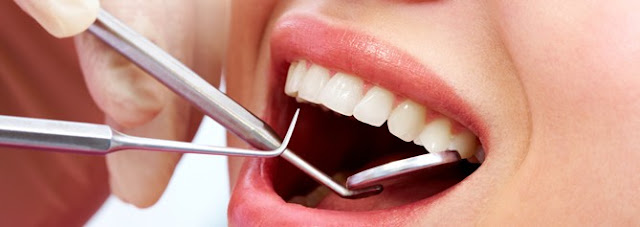There will come a time in your dental history where you will have to have oral surgery or an extraction. Oral surgery is an attempt to treat diseases, defects, or injuries in the upper part or lower part of your mouth on the soft or hard tissues. There are several services under the category of oral surgery. This could be wisdom teeth extraction, removing a baby tooth, assisting with treatment to a mouth or facial trauma or simply getting a bad tooth removed. Whatever you need done, it's good to understand each procedure and how it impacts your dental needs.
Tooth Extraction
This can be a scary thought when realizing an extraction must take place in order to improve your dental health. As mentioned, extractions can be for baby teeth, those that are infected or have broken in half. The goal with his procedure is to restore comfort to your mouth and remove those teeth that are causing problems. This is typically a same-day procedure and most dentist will ease your worries and the pain using nitrous oxide which is called laughing gas. If you prefer something else to soak up the pain, they will also use sedation procedures to ease your anxieties.
Wisdom Tooth Extraction
Most people still have their wisdom teeth. That said, there may come a time where they begin to irritate your mouth and make it difficult eating food. Some might experience swelling or on-going pain. This tells a dentist that it's time to remove your wisdom teeth and give you some comfort. Here are a list of reasons why you should have your wisdom teeth removed. An oral surgeon bel air md will advise you to have your wisdom teeth removed if you have inflammation, an infection, if your tooth produces excruciating pain, the surgery helps prevent gum disease and cysts and tumors, and it's simply good oral hygiene.
Biopsy
A biopsy is often done by a dentist to determine any abnormalities in your dental health. Patients may find areas in their mouth that bleed easier than others, a quickly growing ulcer or pigmentation color changes. It's always good to consult your dentist and have the conversation about malignancies. An oral biopsy is crucial when it comes to detecting cancer in the mouth or innocent changes in the mouth's lining you may not be aware of. The procedure allows the dentist the spot and target suspicious areas in your mouth that can later lead to problems.
When maintaining healthy teeth, you should consult a dentist. It's best to take the time and find those dentists that can perform either teeth extractions or biopsies in your local area. If you're experiencing pain or frequent bleeding from a particular tooth or your wisdom teeth, it's best to consult your nearby dentist immediately. The more you keep up with your dental oral health, you will experience less discomfort when it comes to your teeth.






